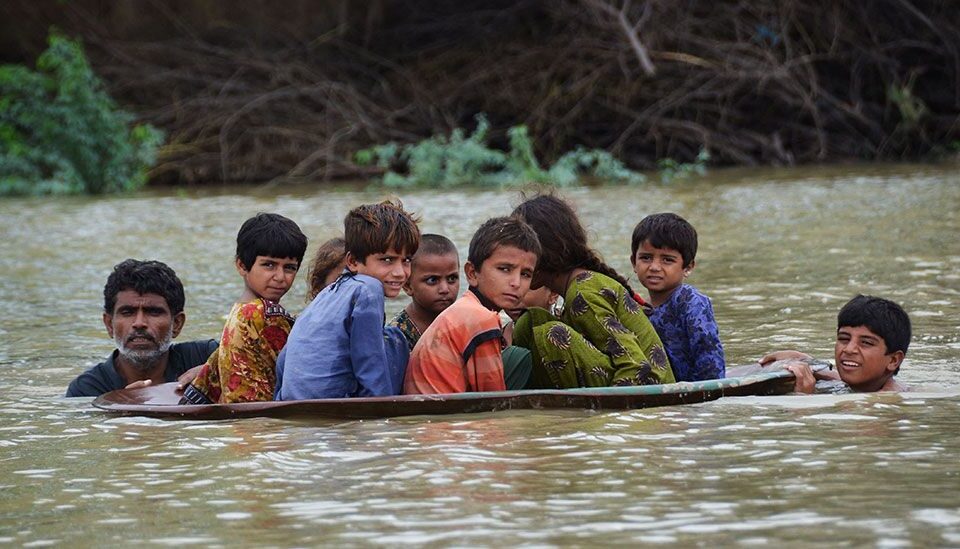Dengue cases skyrocket as Pakistan grapples with devastating floods

Image by Getty Images
After the recent floods in Pakistan which uprooted the lives of many, health officials have warned the possibility of a looming health crisis that now faces the country.
With 33 million people affected and over 1500 dead since mid-June, about 3,830 cases of dengue fever have been reported by health officials in southern Sindh province, with at least nine people dead.
However, concerns have been raised as the actual number of deaths could be higher than the estimates.
Dr Abdul Ghafoor Shoro, secretary general of the Pakistan Medical Association, told the BBC, “Overall the situation in Sindh is very bad, we are organising medical camps all over the province. Most of the cases we are seeing now are of dengue patients followed closely by malaria.”
“The dengue burden is the same all over the province and it’s increasing daily. When we checked with the laboratories, the suspected cases are around 80% of tests being done,” he adds.
Dr Shoro has been treating several patients suffering from dengue at Agha Khan hospital in Karachi and said that he is fearful that the situation might get worse in the coming days.
A senior medic, Khalid Khosa also told the BBC, “There are so many people, we are trying our best to get to everyone, but we do not have the capacity to help everyone.” He continues, “We are seeing hundreds of patients a day, but there are many more we cannot serve. It’s not just us that are overwhelmed, it’s like this across the province.”
UN Secretary-General Antonio Guterres also expressed concern about the situation after he visited the flooded areas last week.
Guterres has urged all the rich nations to come together and help Pakistan.
He told the BBC, “We need a world in which peace and security can only be guaranteed if you reduce inequalities.”
“Pakistan is not responsible for this crisis, this was a product of climate change, this was caused by those that are populating the atmosphere with greenhouse gases. The G20, the biggest economies in the world, they represent 80% of the emissions, Pakistan less than 1%,” he asserts.








